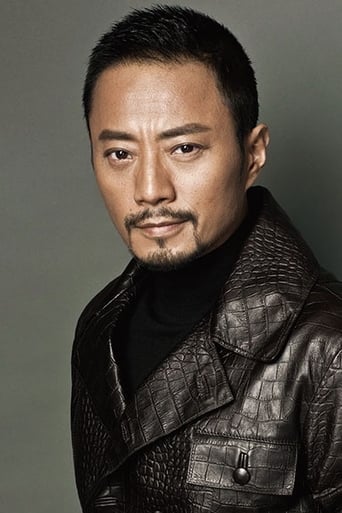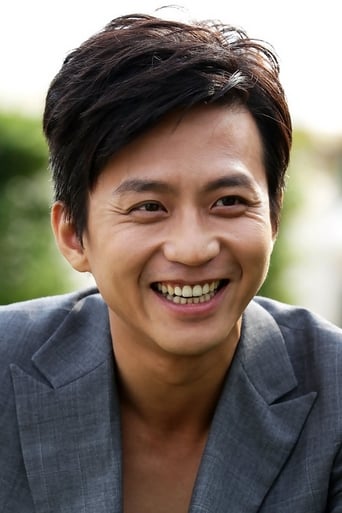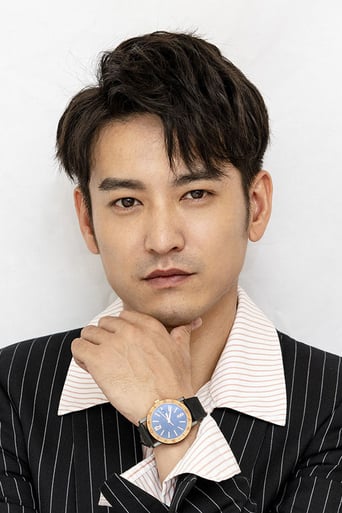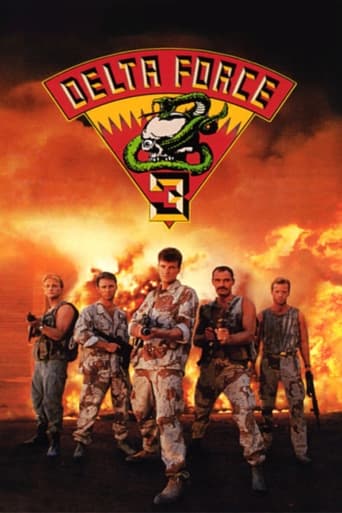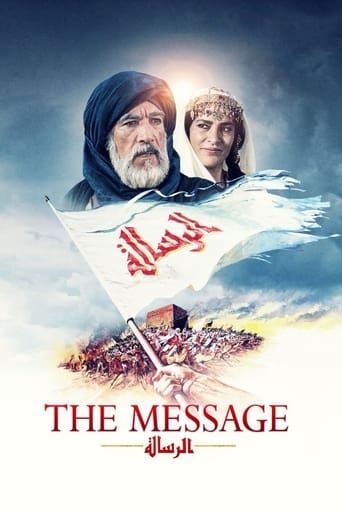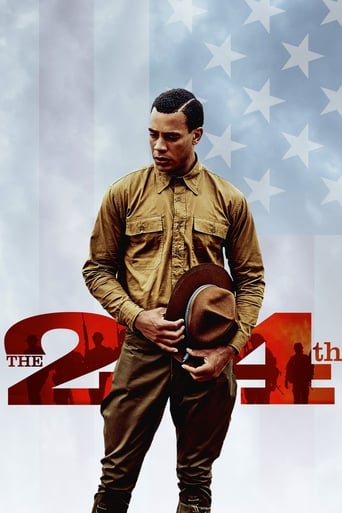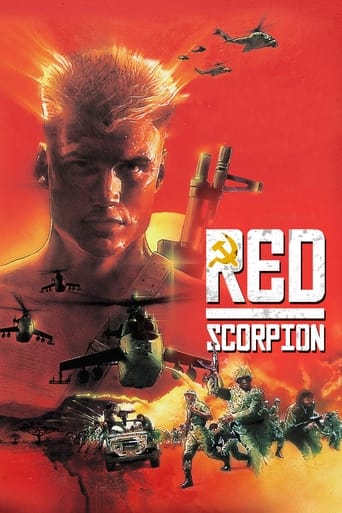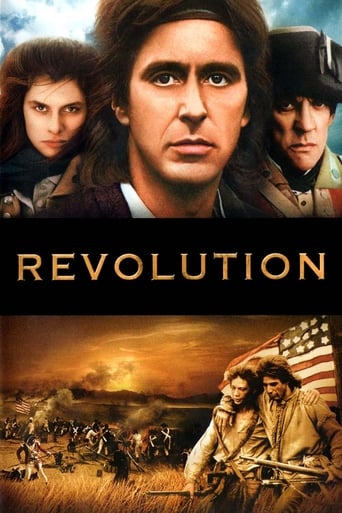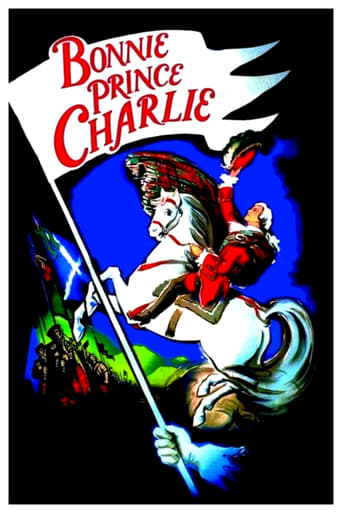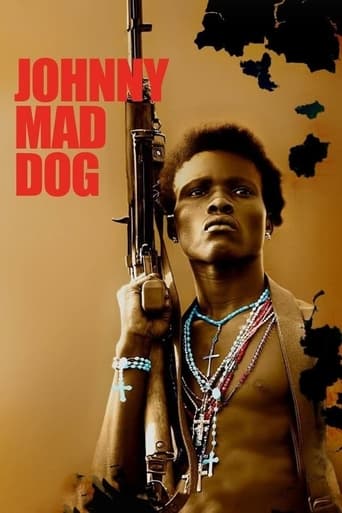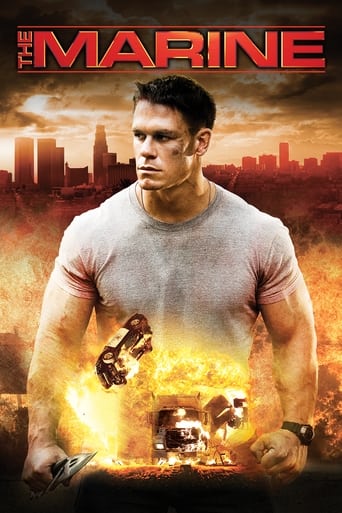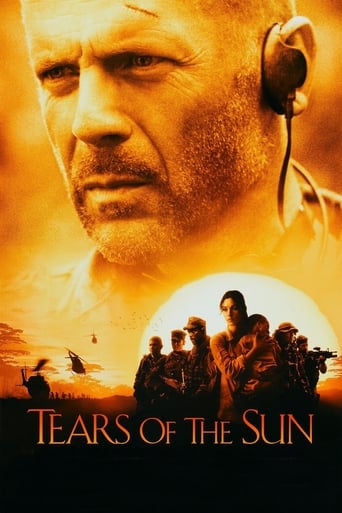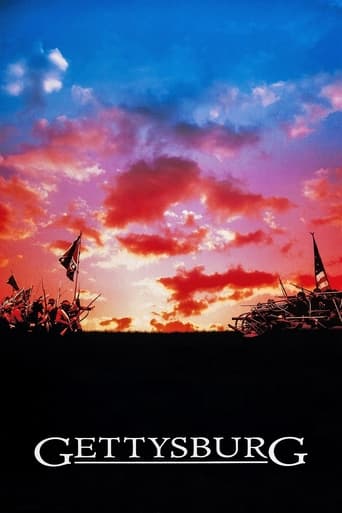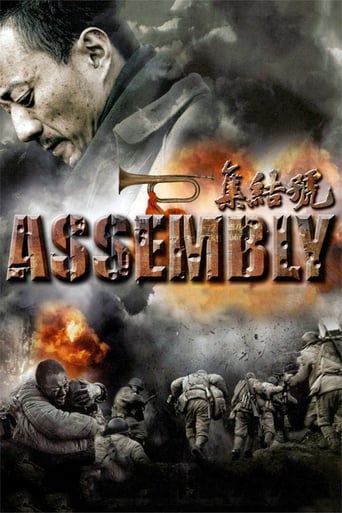
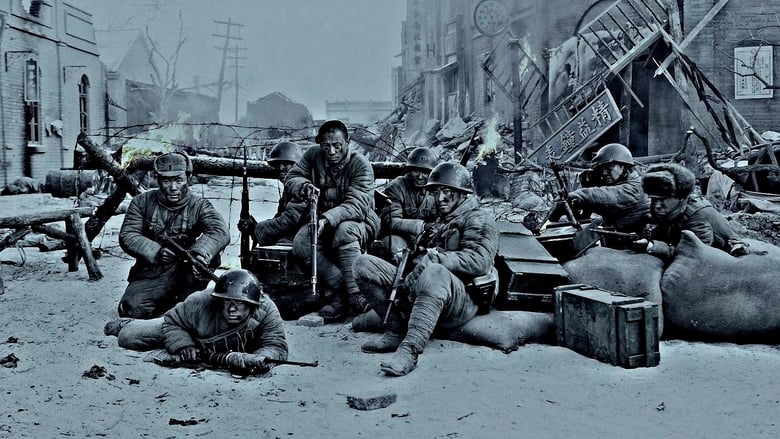
Assembly (2007)
Follows a soldier trying to gain recognition for comrades who died in 1948, at a turning point in the civil war between the communists and the nationalist forces of the Kuomintang.
Watch Trailer
Cast


Similar titles
Reviews
Touches You
This story has more twists and turns than a second-rate soap opera.
It's simply great fun, a winsome film and an occasionally over-the-top luxury fantasy that never flags.
I enjoyed watching this film and would recommend other to give it a try , (as I am) but this movie, although enjoyable to watch due to the better than average acting fails to add anything new to its storyline that is all too familiar to these types of movies.
This is the first mainland China war epic that I've watched and I can say it left very mixed feelings. On one hand, Assembly, or 集結 號, or Jí Jié Hào, which means something like Assembly Bugle Call, is a very honest portrayal of a Chinese Civil War with its sheer and awfully realistic brutality. The very realism is then quickly becoming sickening with all those snots, saliva, guts, blood, wounds and deaths galore. On the other hand, the film quickly runs off its initial steam and glides into a sentimental, very politically correct patriotic saga of a brave officer doing valiant things. This intake of patriotism actually spoils a very potential hit and makes it a sickly sweet propaganda flick. Mind you, actors are excellent, especially Zhang Hanyu and Yuan Wenkang, battle scenes are enormous and thrilling, which is no wonder since it was cut by Korean filmmakers who know their trade. The dialog is often hammy and openly silly, thus deleting all the good potential. This is a very curious hothcpotch of a film that may be seen once, but since it sinks under its own weight, better be watched and then discarded
It's 1948 in northeast China. Communist Captain Gu Zidi leads his men in a battle against Nationalist troops. When his political officer is brutally killed, he orders his men to kill the captured enemies. His men refuse and he is reprimand by his superior. His group is assigned to the trenches next to a mine and ordered not to retreat until they hear the bugler call for assembly. Gu Zidi is the only survivor after a final battle and he has fight bureaucracy for the honor of the men who are simply declared MIA.The first half has lots of war action. Some of it is not particularly realistic but there are tons of explosive action. The second half is mostly about Gu Zidi's struggle for recognition for his lost men. There is a lot of melodrama and fake emotions except for one amazing moment. It is the pinnacle of this movie and I would prefer it as the climax. When the men started to claim they hear the bugle, I sat up a little and paid more attention. It is probably the only moment where the emotions match the drama. Honestly, the movie needs to cut out about 30 minutes from the second half of the movie. The only compelling part in the second half is him digging in the coal pile by himself. It's very poetic but not compelling enough to justify the very long and winding story.
and the misery that comes to those who are caught up in it is brought to frightening reality on the big screen in this masterfully filmed effort by Feng Xiaogang. The story of a Chinese regiment fighting against the Nationalists in the brutal civil war manages to tug at almost every human emotion. The protagonist officer who leads his men in a savage last stand is perfectly portrayed. The scenes of warfare in this movie are very well done and manage to do so without demonizing the enemy as in so many war films. For those of you who know such things, and there are many, the range of weaponry used in this film spans the the entire history of modern warfare for the Chinese from the 1920's on through the war in Korea and adds greatly to the intense realism of the film. Watch for the scene in which the Captain sees what has become of the old helmets once used by the soldiers.The main character, Captain Gu Zidi, superbly played by Zhang Hanyu, cannot give up the memory of his lost men and never ceases in his struggle to have their memory honored. The portrayal of this struggle by this one man gives this film everything thing it needs for great drama. This work has a far stronger story than "Saving Private Ryan" and in modern cinema can only be rivaled by South Korea's "Tae Guk Gi". This is not only a great war film but is one of the very best films of any kind I have been privileged to see in recent years.
"Saving Private Ryan" it is NOT, but certainly it is as equally worth viewing for any fans of military/warfare film. And for any "westerners" unaccustomed with China's history, it may give some insight to tiny part of her modern part some 50+ years ago events that led to fall of Chang Kai Shek and rise of communism under Mao Zhe Dong's.The story line is compelling, similarly to "SPR" we have some well drawn all-human characters and their war story laced with brutal, bloody and yet so mesmerizing scenes, an insight to mankind at its worst.The acting is excellent, even the supporting actors and extras performed all great or at least sufficiently enough to make us believe the scenes we are watching could have happened exactly as they are portrayed on the screen.Why then I gave it 9 instead of 10? Well. Firstly. The film, although officially not the production of "1st of August Film Studio" (official Chinese communist party's propaganda flicks maker), it still suffers a bit from their propagandist influence. The red comrades are nicer than their nationalist foes and - according to this film's tones and "between the lines" messages - they fought for their country (implying that the Chang Kai Shek's nationalists were traitors). Like the hundreds of millions Chinese murdered later by the China's Communist Party during the years that followed have never happened, hmm. But, of course, for the characters shown in the film, it is their future. They don't know it yet - OK, I can believe that. But why PLA's foes (the Nationalists) are basically the shadows in this film? For a "humane warfare film" (as this film is pretending to be about) it is very unhuman depiction of 'the other side' - and I didn't hear anything about Mr. Xiaogang Feng plans to make a sequel about them... (like Clint Eastwood did with "Flags of Our Fathers" and "Letters from Iwo Jima") Second. While the fighting scenes and visual FX are great, the sets weren't prepared as equally. And I really mean it. The hand-held camera actions, the gory, the over-all realism of the brutal warfare scenes are almost as great as the ones in "SPR". But unfortunately the set decorators more often than not were skimping on the realism of the set. So-obvious spray-painting black patches on the walls (to masquerade them as burnt-out or post-explosion marks) is so evident failure of completing the film's realism to me (and I'm not even mentioning those PLA soldiers wearing US helmets - after all it *may* have happened somehow). Yes, I understand that most of the film-viewers wouldn't even notice it, but since so much energy, so much attention to other details was paid during the production of this film, why oh why they couldn't close it complete in every detail?


